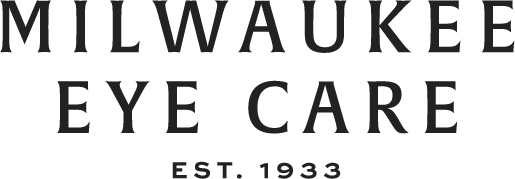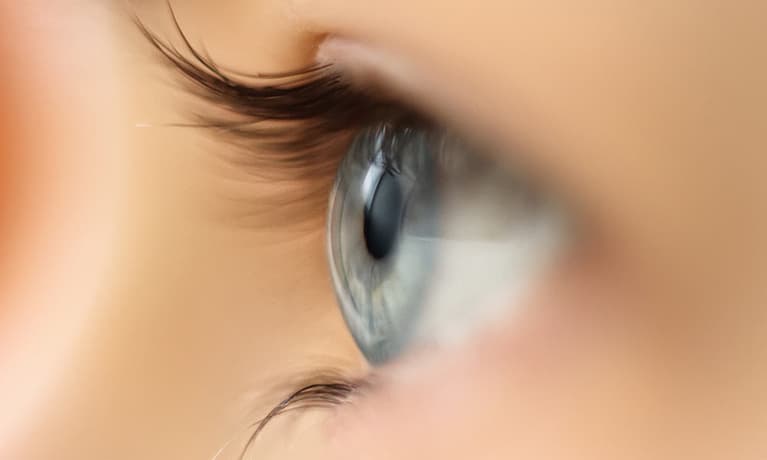Everyone gets cataracts eventually, so the majority of us will need to someday have cataract surgery in order to maintain good vision. Although the thought of eye surgery can be scary, advances in medical technology have turned cataract surgery into an AMAZING opportunity to solve refractive vision problems! Always been near-sighted and want to be able to drive without glasses? Sick of reading glasses? We now have so many different options that it can be overwhelming at first. Let me break down the options…
Conventional Implants
A conventional intraocular lens (implant) is a monofocal lens, meaning it corrects your vision for one distance, typically either far/distance or near/reading. Most people choosing conventional implants elect to have their vision corrected for distance and rely upon reading glasses for tasks within arm’s length, although some do the opposite. A prescription for all distances may be needed after surgery if there is significant astigmatism.

Toric (Astigmatism-Correcting) Implants
This lens provides an excellent choice for those with astigmatism – you probably already know who you are! You are used to having to pay more for contacts or eye glasses. This option gives great distance vision and less dependence on glasses. As with the conventional implant, glasses will be needed for near focus (reading, computer, etc.), but over-the-counter readers are an option after surgery rather than the expensive prescription glasses that are needed when you have a lot of astigmatism.

Multifocal
This is the most exciting change in implant technology, as it reduces dependence on glasses for tasks at both distance and near! Having the opportunity for freedom from glasses at all distances is something many of us have only dreamed of. Think about what life would be like to not have to reach for glasses when you wake up in the morning, not have to put glasses on or take glasses off to read, not have to switch between multiple pairs of glasses (sunglasses, clear glasses, readers, etc.), not have red marks on your nose! You may not even realize you are chained to your glasses!
These are all good implant options – they just do different things. Talk to your doctor, talk to friends and relatives, go online and do your own research and see what an opportunity it can be to need cataract surgery! Unfortunately, some people may not be good candidates for certain types of implants because of individual eye health conditions. Both the astigmatism-correcting and multifocal implant options incur an additional cost that is not covered by insurance. No matter which option you lean toward, come to Milwaukee Eye Care for a consultation, where one of our doctors can help you decide which is right for you!


Good Health!
Written by Paula W., Milwaukee Eye Care’ Ophthalmic Technician and Surgical Coordinator










